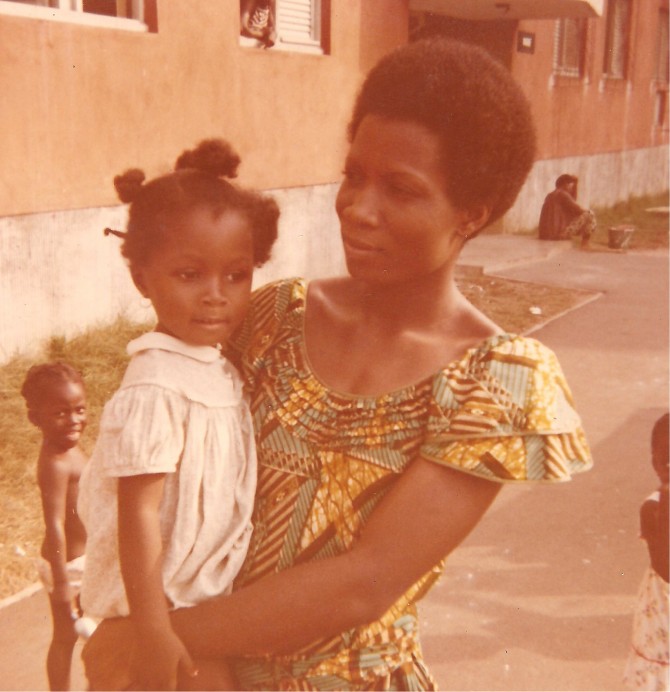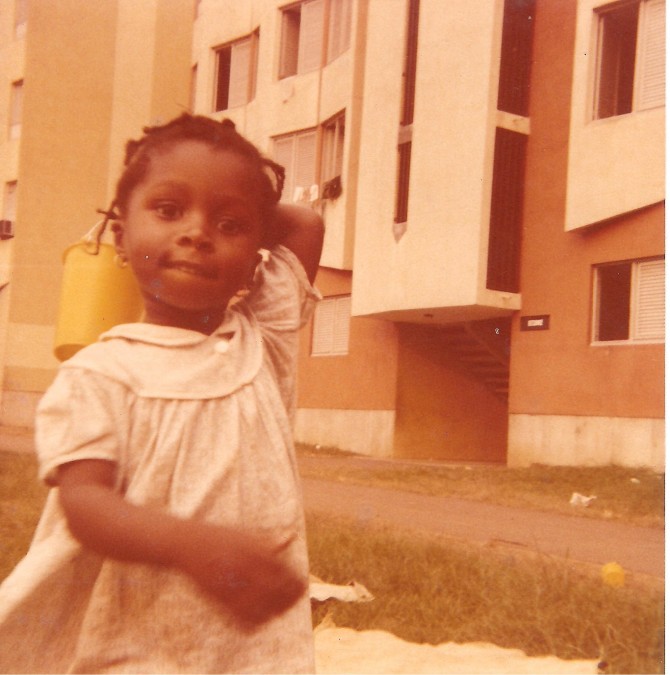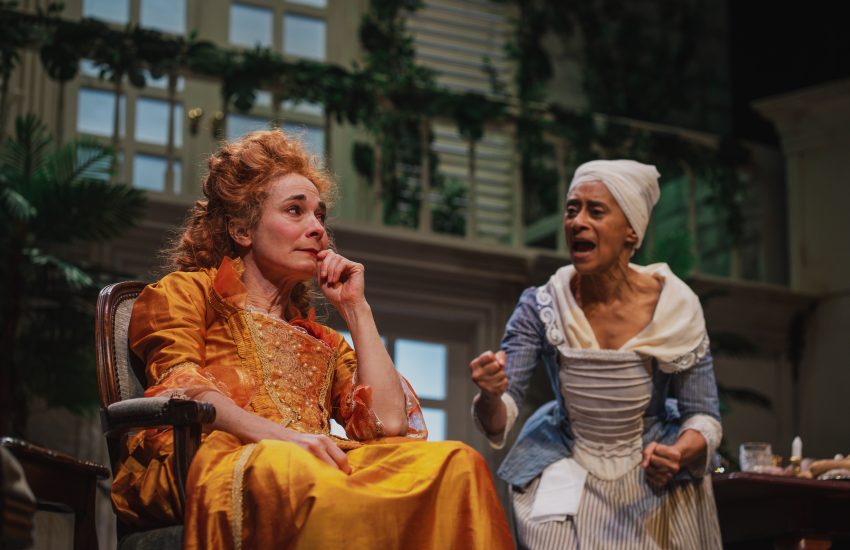Afropean, moi?
For a long time, when I was living in France, a lot of my close friends were mixed race people. It had never been a conscious choice of mine, it just happened. They were French-Senegalese, French-Guinean, French-Malian, or French-Gabonese. I had also dated a Belgo-Congolese, a French-Cameroonian and a French-Ivorian. It never struck me as odd until my sister recently made the remark. I had to sit, pause and admit that she was right.
I was ‘La noire’, ‘La fille Black’, ‘La Française d’origine’
With hindsight, I realize now that I simply felt more at ease with mixed race people. Africans tended to think that I was too “white” because I was shy, soft-spoken and bookish. The fact that I was actually born in Africa and spent part of my childhood in Ivory Coast didn’t seem to matter. I wasn’t African enough. For the French, my skin colour, nappy hair and last name signalled me as ‘other’. I was ‘La noire’, ‘La fille Black’, ‘La Française d’origine’ (non-native French). I didn’t fit in either group, so it seemed natural to be attracted to people of mixed race heritage. They were neither white nor black so could not judge me, and some were just as confused as me. I felt more comfortable around them and instinctively sought their company.

Today I have a more varied circle of friends, certainly because I feel more comfortable in my own skin. I could only be me – if my living in Europe had made me “too white”, then so be it. I may not have the demeanour expected from an African but my mother had taught me some values (including respect for the elders, the importance of family, education and hard work) that firmly attached me to the Motherland. I also accepted the fact that by living in Europe, I would by definition, always be “the other” and that was fine too. I learnt to speak up and denounce acts of daily racism – directed at me or seen through the media, whilst at the same time refusing to be bogged down by them. I now move fluently between the two groups, adapting my language and speech pattern depending on who I am with. I feel richer culturally and relish having references and anchors in both worlds.

Since then, I’ve moved from France to England and now to Switzerland. In doing so, I’ve discovered the many different ways people from the African diaspora consider themselves. French-Africans of my generation, for example, seem to have a much closer relationship to Africa than their black British counterparts. Ask a French-African where they are from and they will gladly tell you where in Africa they or their parents were born. Ask the same question from a black Londoner and you might get an incredulous look. I also find the black British to be more interested in Africa on an intellectual and cultural level. (Don’t ask me about Africans living in Switzerland – they’re still a mystery to me). Neither attitude is wrong or right. Identity is fluid, as my story shows. I’ve gone from being African to French-African, to African living abroad. And today I’m contributing to a blog called Afropean. If we define an Afropean as someone who relates to both African and European culture, then I gladly accept the tag… until my journey takes me somewhere else again.
Alice Gbelia


